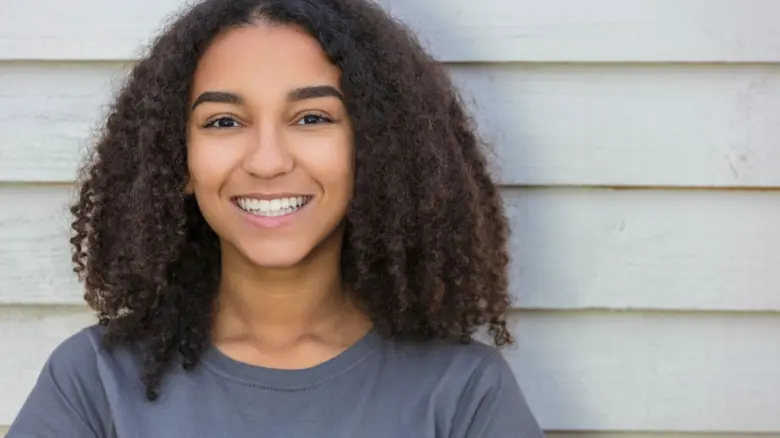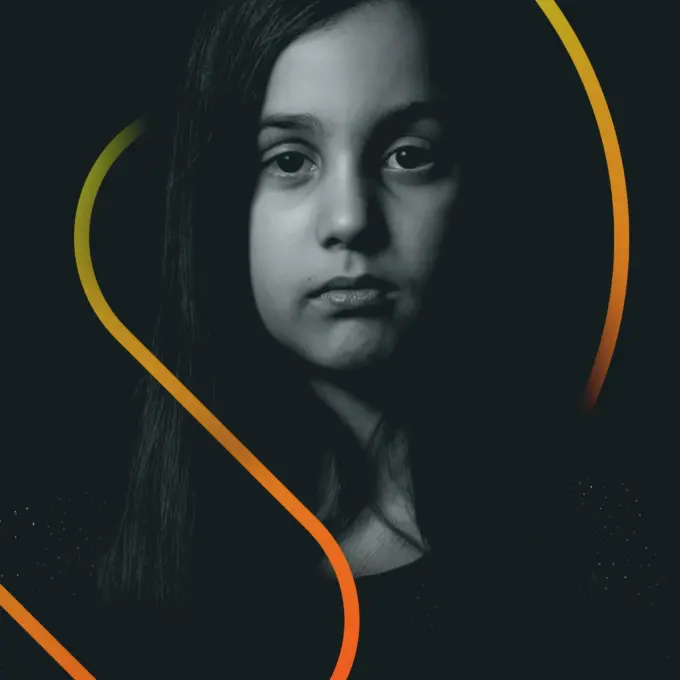
Seeing young Londoners gain a bit more confidence and realising how much they can achieve is the best part for me.
Meet Alex, Safer London’s young Londoners affected by Criminal and Sexual Violence Expert Caseworker.
*Trigger Warning* Sexual violence, Sexual abuse, violence
Trauma informed practice goes beyond the practitioner’s comprehension of trauma’s effects. It also includes working alongside young Londoners, so they are able to grasp these impacts for themselves and realise there is nothing inherently wrong with them.
This is precisely what Alex does in her work with young girls and women. By working together, they navigate the complexities of the trauma they’ve experienced and work to overcome the challenges they have faced.
My sessions with the young Londoners are my favourite part. I like being able to see how much they open up and how much they progress.
What is the purpose and function of your role?
I support and act as an advocate for young women and girls who have been affected by criminal and sexual violence.
I would describe it as providing a safe and supportive space where young people can explore various topics and express their opinions and feelings freely, without feeling like they might be judged or talked down to. It’s a space where they can also talk about things they might not feel comfortable discussing with other people. Because we’re not social workers or teachers, but rather from a non-statutory service, I think we do a lot because we’re a bit cooler, aren’t we? We can be a bit more relatable and discuss things that might be a bit uncomfortable, such as sex and sexual health.
The expert title comes from the fact that if they have an open case with the police, say they’ve reported an incident of sexual violence or criminal violence, then I can support them long-term. I can offer support for up to two years because an investigation, from report to conclusion, usually takes at least two years, if not longer. The support wouldn’t be as intensive, but I would still be able to see them and do things like chasing up updates from the police or the CPS.
Also, safeguarding young people is central to my work. I liaise with all the agencies to make sure that the young person’s needs are put first and that they’re being heard.
What does a ‘typical’ average workday or work week look like?
I have a session almost every day. I like to have one a day because it gets me out of the house and provides variety, rather than like doing admin all day for example. It’s the highlight of my day. The rest of time I have team meetings, safeguarding meetings, and professionals’ meetings. But the highlight is always those sessions.

Why is this service so important for the young Londoners you work with?
Based on my experience coming from the VAWG sector, I believe that female workers usually work best with girls because they can relate to you. You’re able to share your experiences without oversharing, and they can see that you might have experienced something similar when growing up.
Having a trauma-informed approach is crucial. I feel like I’m very straightforward and open with the young Londoners about what we’re going to talk about. We discuss a range of topics, such as ethnicity and sexuality, in a very open way. I think it’s essential because trauma can take many different forms, and there are usually numerous layers to it.
I’m working with one Black young woman who has experienced sexual abuse. So, having a session on intersectionality to help her understand the potential influence it could have had on her experiences if she had reported it to the police or to other professionals was important. You often see the lightbulb moment when they say, “Oh yeah, you’re absolutely right.”. So, having that approach is crucial because I think a lot of the time, charities tend to say they are trauma-informed, but I think in practice, it can get lost.
One of the first sessions I usually do, after asking if they’re ok with it, is a session on trauma. The aim is to help them understand what it is and how it has impacted their responses and triggers. That way, they know that there’s nothing wrong with them, and it’s down to what they’ve experienced.
What’s the hardest/most challenging thing about your role?
Sometimes our work can be limited in the impact that it can have. I can send loads of positive messages like self-love, like self-confidence and self-esteem, but if they go back home and their parents don’t reinforce that it’s kind of hard. Sometimes the parents or the family hold strong victim blaming ideologies and that can be really difficult. Sometimes you have to build up the resilience of that young person so that they can block out everything.
We can do as much work as we can with the young person, but if they don’t have support network around them, or we can’t influence that network it can be challenging. We can’t change how everybody thinks or views the young person, but we can certainly help them change how they feel about themselves.
I’m just really proud of how far she’s come.
What’s your favourite aspect of your role?
My sessions with the young Londoners are my favourite part. I like being able to see how much they open up and how much they progress. Not necessarily tangible progress in terms of actions, but just seeing how they present and how you can see their personality shining through a bit more after a few sessions. They’ll start to crack jokes and I’m like “what?” and they get like sassy with me and I’m like “ohh wow, where’s that coming from?”.
Just seeing them gain a bit more confidence and becoming more assured in their opinions and how they express themselves, and realising how much they can achieve I think is probably the best part for me.
What is your greatest achievement in relation to your role?
There’s this young girl I’ve been working with who when I first met her, was very withdrawn and she’d gone through a lot of sexual abuse. You can tell in how she presents herself. She wears massive clothing and always has her hood up no matter what.
I think my approach really works with her. For example, she loves worksheets and cute things. So, I always come with worksheets and I put cats on them because she loves cats and it just works. She said to me that my worksheets give her life because they make her reflect on what she likes, as well as things that she had never thought about.
Since the sexual violence, she’s really struggled with her eating habits and she’s consented to being referred to an eating disorder service. I’ve been going with her to the assessments and obviously they’re really triggering. They ask a lot of like intrusive questions, but the fact that she feels able to go is amazing. When I started working with her I had to keep reminding her of our sessions, because just getting out of bed was a massive step for her. Now she’s doing arts again, she’s consented to a referral to a trauma counselling service – for me, it’s crazy that she’s doing all of that. The fact that just with a little bit of encouragement – because I really didn’t do that much – she’s able to do so much. I’m just really proud of how far she’s come.
It can be really valuable to chat about their experiences of double standards, creating a safe space for them to openly share their feelings and experiences.
If there is one thing that you could change relating to your role, what would it be?
In my previous role we started a support group between young people. Obviously, there’s so many factors that would have to be considered, but sometimes I see young people coming to terms of how good they are at supporting other people or relating to other young people’s needs. Sometimes when you are working with several young Londoners you think that they would be great at supporting each other, so having a space where they can do that, like a peer network support group where they can support each other informally, would be nice.
I used to do things like going to the Vagina Museum because they had an exhibition on periods. This is cool to do with just one person, but having a group I think would be so fun. Seeing them share and learn together I think would be so nice.
How would you like to see this role develop?
I feel like perhaps more needs to be done promoting the service, so we can get work with more young women and girls, particularly those involving with open cases or going to through the Criminal Justice System.
We’re in the middle of the 16 Days of Activism Against Gender-Based Violence campaign. What are some of your favourite conversations to have with the young women you support?
Sometimes the young woman and I will talk about what it can mean to be a woman in this world. It can be really valuable to chat about their experiences of double standards, creating a safe space for them to openly share their feelings and experiences.
I like to talk with them about key female figures they look up to, or books, podcasts and playlists they enjoy. Although, it’s important to mention that I always gauge to see if it’s appropriate to talk to them about this, as not every young woman wants to and that’s okay. It’s more about being open to have that conversation if they want to.

Help change the lives of young Londoners, their families and communities
Show your support and make a donation
CLICK HERE